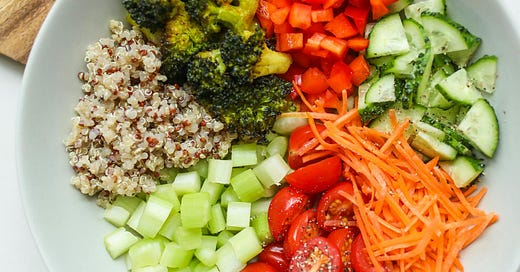Osteoporosis - The Silent Disease
Osteoporosis is a condition that affects bone strength, making bones more porous and less dense, which increases the risk of fractures. It occurs when bone mass decreases or the structure and strength of bone tissue changes, leading to weaker bones that can break more easily, even from minor falls or bumps. The disease is often called "silent" because it typically does not cause symptoms until a bone is broken
Osteoporosis is caused by hormonal changes, such as low levels of estrogen in women after menopause or low testosterone levels in men. Certain medical treatments can also contribute to the development of osteoporosis, such as hormone-blocking treatments for prostate cancer or breast cancer, and glucocorticoid (steroid) medicines taken by mouth for more than three months.
Lifestyle factors, including smoking, excessive alcohol consumption, and a sedentary lifestyle, can also increase the risk of developing osteoporosis



